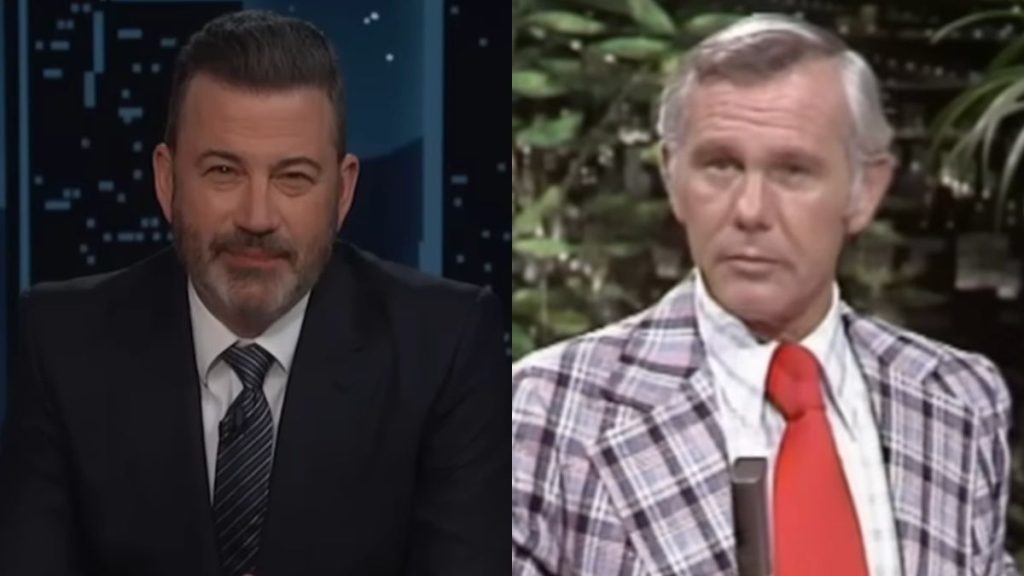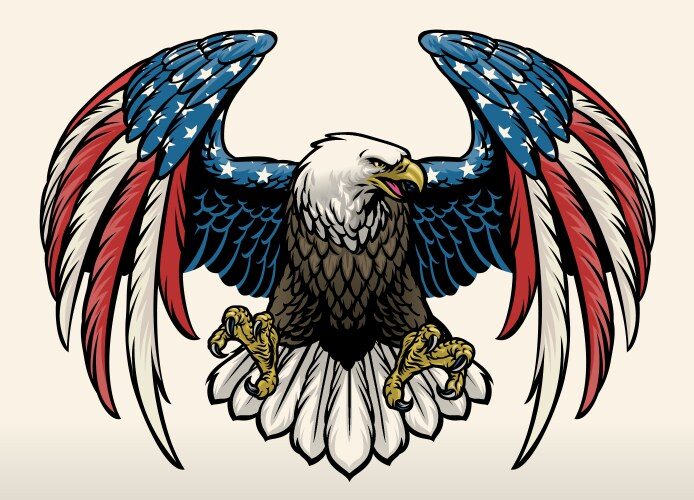
Johnny Carson Was 100x Better Than Jimmy Kimmel: A Legacy of Comedy and Television Excellence
When it comes to late-night television, two names often come up in comparisons: Johnny Carson, the undisputed king of late-night television for over three decades, and Jimmy Kimmel, the current host of Jimmy Kimmel Live! While both men have their unique styles and contributed to the evolution of late-night TV, there is no denying that Johnny Carson remains the benchmark, the gold standard, and the blueprint for what a late-night talk show host should be. Carson’s impact on the industry was monumental, and while Kimmel has his moments, he is simply not in the same league as Carson was. In fact, Carson was 100 times better than Jimmy Kimmel.
This article will explore why Johnny Carson’s legacy far surpasses that of Jimmy Kimmel in terms of comedic style, cultural influence, television innovation, and his role in shaping late-night television into the dominant force it is today.
Johnny Carson: The King of Late Night
Johnny Carson’s tenure as the host of The Tonight Show spanned 30 years, from 1962 to 1992. During that time, he not only defined late-night television, but also became the cultural touchstone for an entire generation of viewers. Carson was more than just a host; he was a comedian, an innovator, and a genuine icon who helped shape the landscape of American television.
What made Johnny Carson so special was his ability to balance humor, charm, and warmth in a way that few could replicate. He was the epitome of class, effortlessly navigating between lighthearted jokes and deeply personal moments. His quick wit, impeccable timing, and mastery of the interview format made him an unparalleled figure in entertainment. He understood that late-night TV wasn’t just about jokes — it was about creating a connection with the audience, and Carson did that better than anyone.
Carson’s show was the stage for countless legendary moments in television history. From the arrival of new comedic talent like Robin Williams and Jerry Seinfeld to interviews with iconic figures such as Richard Nixon and Frank Sinatra, Carson created an environment where both guests and audiences felt comfortable. His capacity to host not only comedians but also politicians, musicians, and everyday people with equal grace was one of his hallmarks.
In terms of ratings, Carson ruled late night like no other. He was the undisputed king of the 11:30 p.m. time slot, and his dominance in the ratings remained largely unchallenged for most of his run. The Tonight Show was must-watch television, attracting millions of viewers nightly, and Carson’s influence in the entertainment industry was immeasurable. He wasn’t just popular — he was a cultural force who shaped America’s comedic tastes for decades.
Jimmy Kimmel: A Worthy Successor, But Not on the Same Level
Jimmy Kimmel, the current host of Jimmy Kimmel Live!, has certainly had a successful career. As the host of a late-night talk show, he has earned accolades, gained a dedicated following, and has built a reputation for delivering clever monologues and memorable sketches. Kimmel is known for his witty humor, his ability to engage with pop culture, and his outspoken political commentary. He’s good at what he does, and he has carved out a unique place in late-night TV.
However, despite his success, Kimmel’s show does not hold a candle to the legacy that Johnny Carson built over three decades. One of the key factors in Carson’s unparalleled success was his timing. Carson was a master of the late-night format, and his ability to establish rapport with guests, make the audience feel included, and balance his monologue with segments that were engaging and entertaining set him apart. Kimmel, by comparison, has struggled to maintain the same level of connection with audiences. While he is certainly capable of producing entertaining content, there’s a difference between doing it well and doing it with the mastery that Carson exhibited.
While Kimmel has his strengths, one of the major areas where he falls short is his ability to be universally appealing. Carson had the uncanny ability to appeal to a broad demographic, from older viewers to younger ones. His humor transcended political, social, and cultural boundaries. Jimmy Kimmel, however, often caters to a more specific audience, one that aligns with his own political views, which has led to criticism of the show’s tendency to be more politically charged. This has alienated certain segments of the audience, whereas Carson’s show was more universally inclusive, focusing primarily on entertainment rather than partisan politics.
Carson’s Innovation vs. Kimmel’s Imitation
Johnny Carson’s contributions to television were transformative. As the host of The Tonight Show, he set the standard for what late-night TV should look like. He pioneered the format, created the rhythm of the show, and made the talk show into a cultural institution. He gave comedians a platform to showcase their talents, helped launch the careers of some of the biggest names in comedy, and introduced a variety of memorable characters and sketches that remain ingrained in popular culture.
The “monologue” format, which is now a staple of every late-night show, was a key innovation that Carson brought to television. The monologue was more than just a warm-up for the show; it was an art form. Carson’s monologues were a blend of sharp political satire, observational humor, and personal anecdotes. He understood how to strike a balance between lighthearted jokes and more meaningful commentary on societal issues.
While Kimmel has certainly kept up with some of Carson’s innovations, many of his sketches and segments are direct imitations of what Carson did decades ago. From comedic games and musical performances to interviews and topical monologues, Kimmel’s show often feels like an attempt to replicate Carson’s formula. While Kimmel is undeniably talented, he hasn’t innovated in the way that Carson did. Instead, Kimmel has operated within the confines of a formula established long before him, which is not necessarily a bad thing but does make it difficult for him to surpass Carson’s legacy.
Carson’s Cultural Influence: A True American Icon
Johnny Carson was more than just a late-night talk show host; he was a cultural icon. He was a part of the fabric of American life, someone people tuned into every night for their dose of humor and lightheartedness. His influence extended far beyond the confines of The Tonight Show and into every corner of popular culture. Carson’s presence on television meant that every major moment in American society was inextricably linked to his show. Whether it was political events, social trends, or cultural shifts, Carson’s ability to speak to the moment made him a true national treasure.
Jimmy Kimmel, by contrast, while beloved by many, has not reached the same level of cultural significance. His influence, though considerable, does not approach the ubiquity that Carson had in American life. Kimmel has become a key player in the world of late-night television, but he has not had the same lasting cultural impact that Johnny Carson had.
Conclusion: Why Carson Was 100x Better
To say that Johnny Carson was “100x better” than Jimmy Kimmel is not merely a hyperbolic statement; it’s a reflection of the profound difference between the two hosts in terms of cultural legacy, innovation, and their impact on television. Carson’s brilliance as a comedian, host, and innovator was unparalleled. He created the late-night television format that Kimmel and others have followed, and his ability to transcend the limitations of his medium made him an iconic figure in American television history.
Jimmy Kimmel has certainly had success and made his own mark on the industry, but the legacy of Johnny Carson remains untouchable. Carson was the ultimate showman, the king of late-night television, and his influence continues to echo in every talk show that airs today.
In the end, comparing Carson to Kimmel is like comparing a legendary artist to a skilled craftsman — both are good at what they do, but one is simply in a class of their own.






